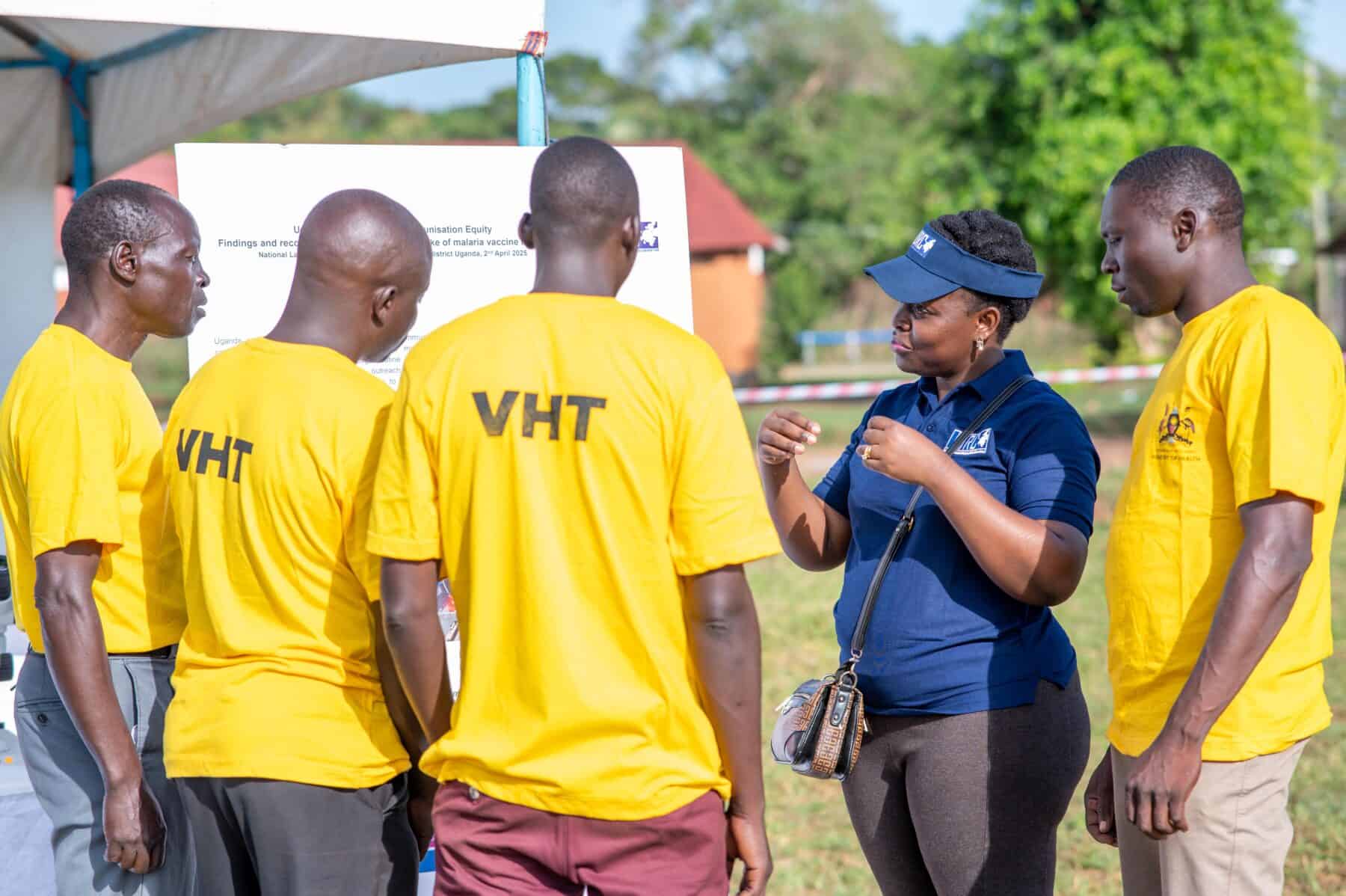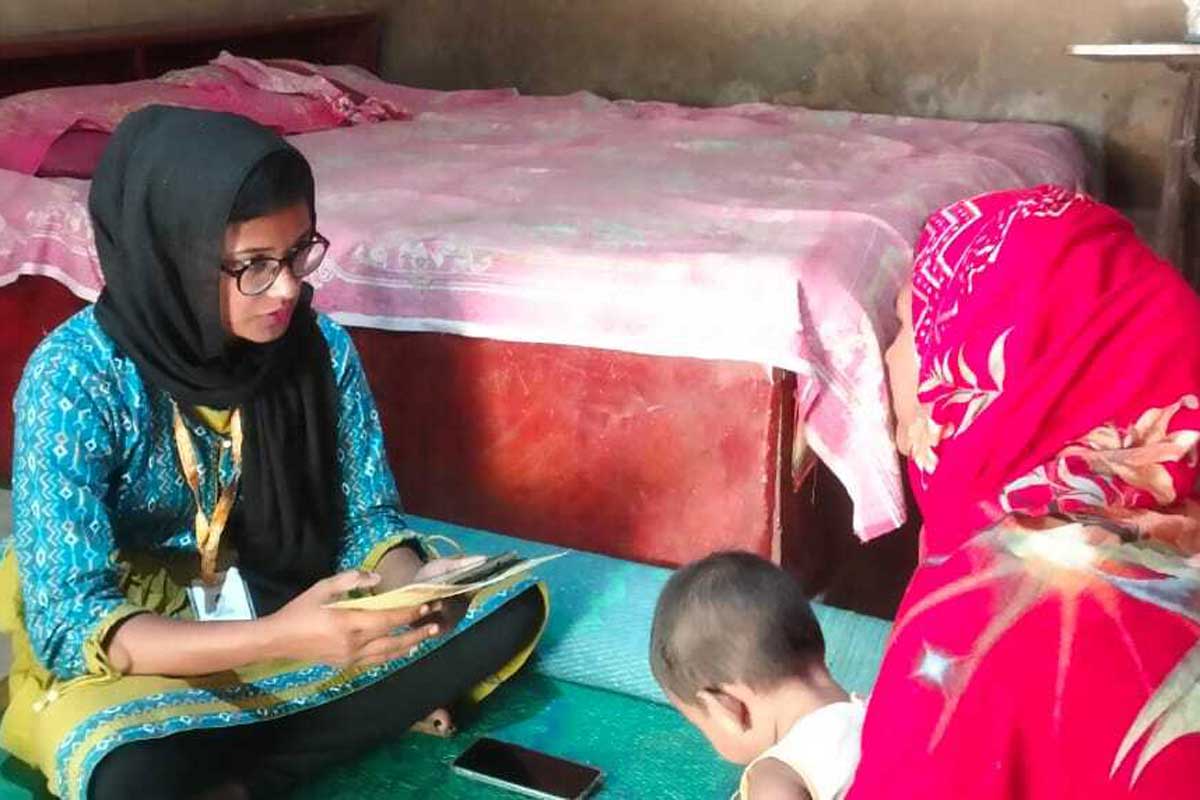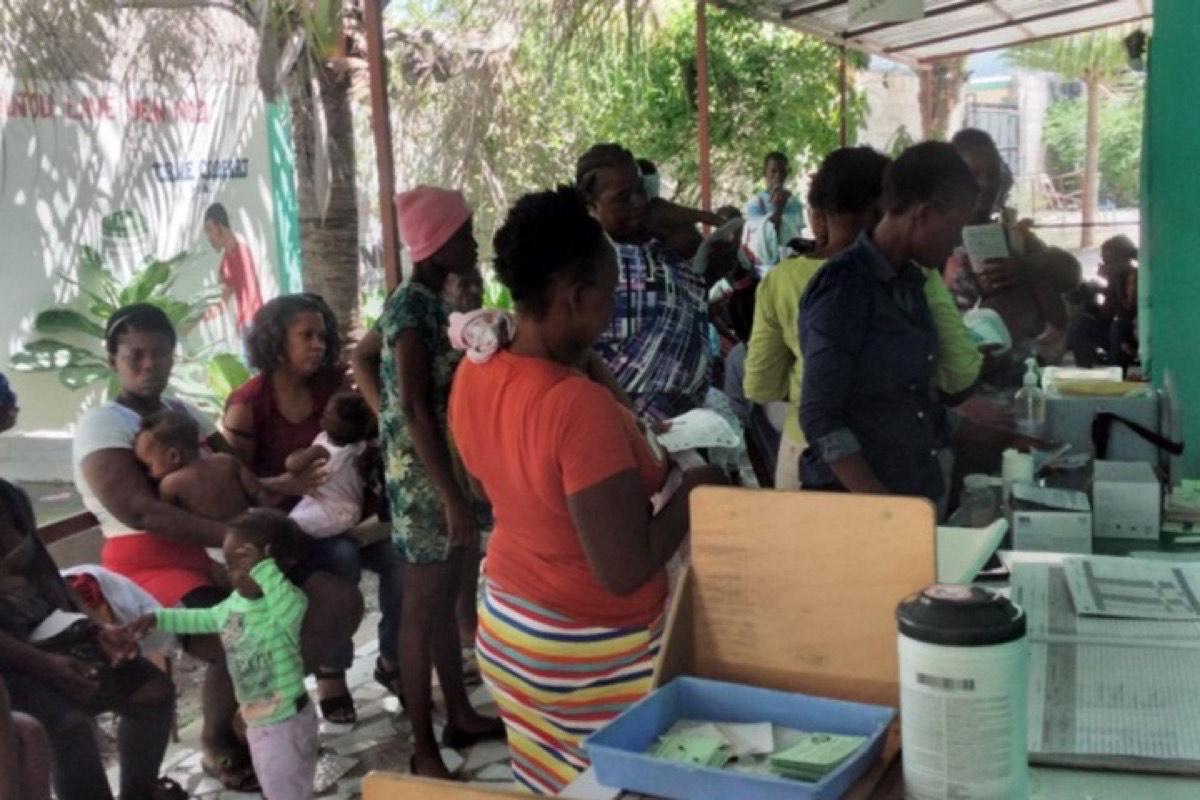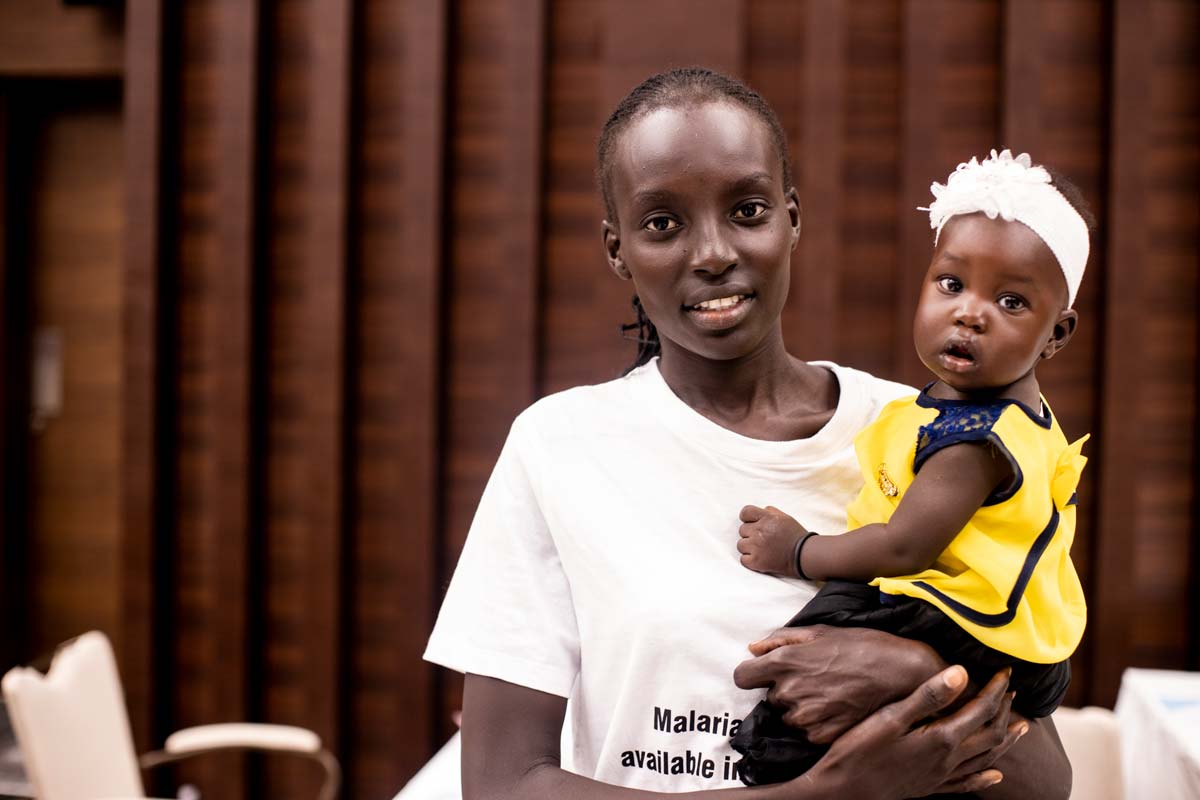Turning Research into Action: How to Build an Effective Knowledge Translation Plan
In this piece, we focus on how JSI’s KT Toolkit can guide public health researchers through the steps of developing a KT plan that is strategic, actionable, and aligned with stakeholder needs.
- 14 April 2025
- 5 min read
- by JSI
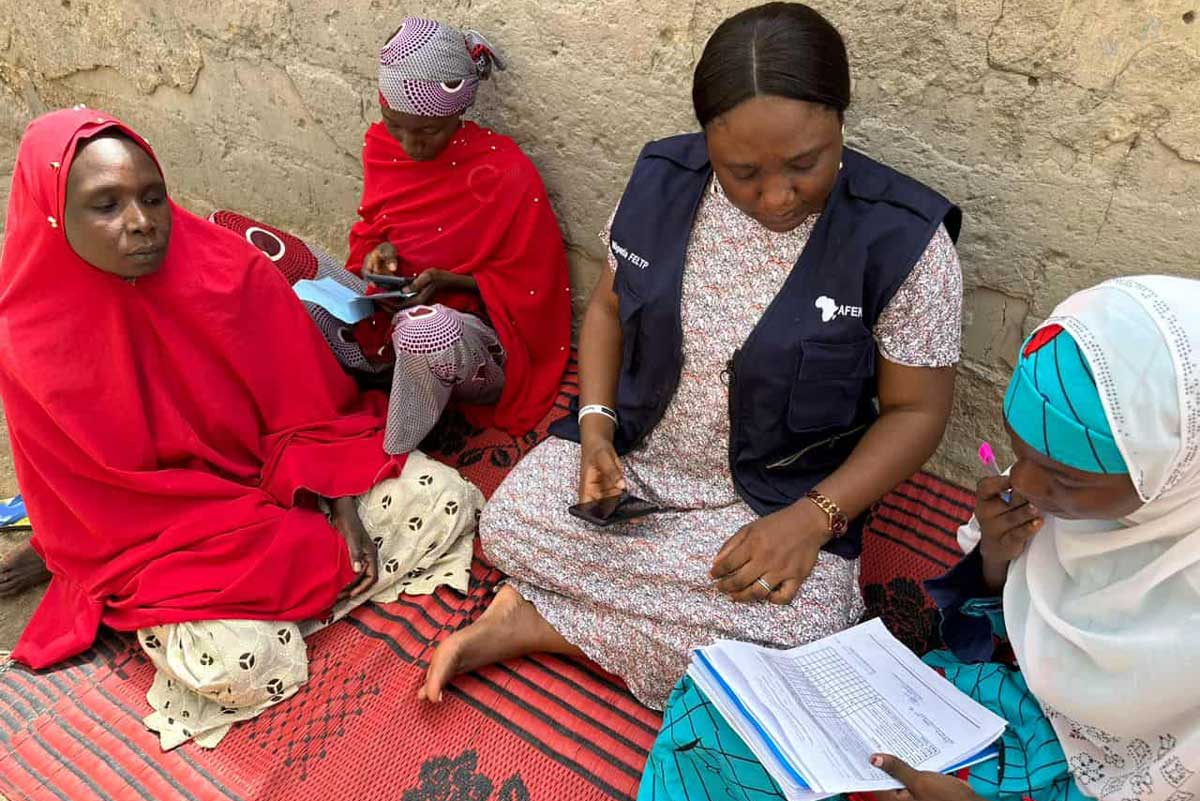
Global health research is a powerful tool for informing policies, shaping interventions, and improving health outcomes. However, research findings may not always lead to change. To bridge the gap between knowledge and action, researchers need to implement strategic, well-designed knowledge translation (KT) plans that engage stakeholders to drive measurable impact.
Start with clear goals
A well-designed KT plan begins with clear objectives for translating knowledge into action. Before initiating any KT efforts, it’s essential to ask: what do we hope to achieve? Are we aiming to influence policy? To drive programmatic change? Defining these objectives from the beginning ensures that KT efforts are aligned with broader public health priorities and are tailored to the needs of decision-makers, health workers, and communities. The Knowledge Translation for Zero-Dose Immunization Research Toolkit, developed by JSI through the Gavi-funded Zero-Dose Learning Hub, guides researchers to set clear KT objectives that align with their broader goals.
Know your audience and get them involved
Once clear objectives are set, the next step is identifying key stakeholders who will apply this knowledge. Effective KT ensures the right people receive relevant information in ways they can use. Who needs to access and understand your findings? What challenges or barriers do they face in applying evidence? How do they prefer to receive information? Engaging stakeholders early ensures KT strategies are tailored to needs by simplifying data for policymakers, providing practical guidance for health workers, or using culturally relevant messaging for communities. The KT Toolkit offers structured guidance on stakeholder mapping and engagement to maximize impact.
Craft messages that stick
Once you’ve identified the right stakeholders, the next step is ensuring they receive research insights in a way that resonates and drives action. Reaching stakeholders requires developing key messages that are clear, concise, and actionable, ensuring stakeholders can understand and apply research findings effectively. The KT Toolkit recommends structuring messages to present key findings upfront, followed by their implications and a strong call to action. This approach makes information easier to digest and act upon, increasing its impact on policy and practice.
How research is presented matters
Effectively packaging and disseminating key messages ensures that research findings are accessible, actionable, and tailored to stakeholders’ needs. Selecting the right format—whether policy briefs, infographics, interactive discussions, or digital platforms—enhances understanding and encourages application. Clear and impactful communication materials should highlight key findings, provide context, and include a clear call to action. The KT Toolkit offers practical guidance on choosing dissemination strategies and structuring content in ways that resonate with different stakeholders.
Track progress and document impact
A KT strategy should include clear indicators to track whether research findings are being applied in meaningful ways. Are policymakers using evidence to refine health strategies? Are new immunization practices being adopted at the facility level? Beyond measuring dissemination, evaluating how stakeholders apply new knowledge ensures KT leads to action. But measuring KT’s impact goes beyond demonstrating success—it provides valuable insights for learning, refining strategies, and making continuous improvements to ensure research findings translate into meaningful change. Incorporating feedback loops into your KT plan allows for continuous learning and timely course correction, ensuring that strategies remain responsive to evolving stakeholder needs. The KT Toolkit offers simple guidance for measuring and documenting activities by tracking process, reach, use, action, change, and outcome indicators.
Have you read?
Unlocking funds through knowledge translation and collaboration
Since April 2023, the Nigeria Learning Hub, led by the African Field Epidemiology Network (AFENET) with the Africa Health Budget Network (AHBN), has supported efforts to secure and sustain funding for routine immunization, ensuring that financial commitments lead to improvements in immunization coverage.. A key component of this effort has been a Community of Practice (CoP), a platform that brings policymakers, budget experts, and civil society members together to strengthen immunization financing and accountability. To enhance budget transparency, AHBN and the CoP developed the Immunization Accountability Framework, which tracks budget allocations, fund performance, and the timely release of government funds.
Through CoP quarterly meetings, decision-makers applied this framework to monitor and advocate for funding. In Kano state, this process helped track the release of an additional ₦210 million for immunization in 2024 after no funds were disbursed the previous year. In Sokoto, a CoP-led review documented ₦146 million disbursed to primary health care facilities. In Borno, CoP efforts tracked immunization funding contributions from the Gates Foundation and UNICEF, strengthening financial coordination.
In Bauchi, CoP-led budget accountability efforts ensured that 100 percent of the state’s approved immunization budget was released into the basket fund. By collecting and disseminating ward-level data on immunization program performance in real-time, engaging policymakers, and co-developing financial tracking tools, the Learning Hub ensured that evidence translated into concrete budget commitments, increasing accountability for sustainable immunization financing.
Moving from research to measurable change
Developing a KT plan doesn’t have to be daunting. JSI’s KT Toolkit goes beyond outlining KT principles—it’s a hands-on resource that provides step-by-step guidance to help researchers and implementers through each process step to define objectives, engage stakeholders, and measure impact effectively. Whether you’re new to KT or refining an existing approach, this toolkit provides the roadmap researchers need to move from knowledge to action to create a lasting impact on health policies and programs.
A well-designed KT plan is key to bridging the gap between research and impact. Download JSI’s Knowledge Translation for Zero-Dose Immunization Research Toolkit, developed through the Gavi-funded Zero-Dose Learning Hub, to start developing a strategic, actionable plan that aligns with stakeholder needs and drives meaningful change.
